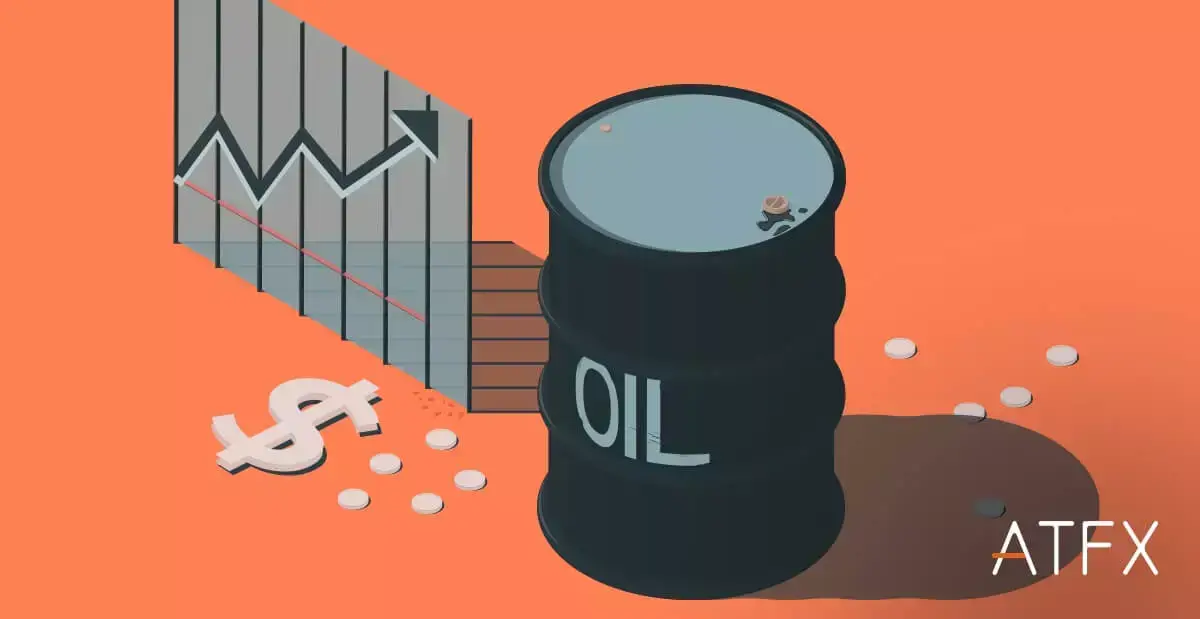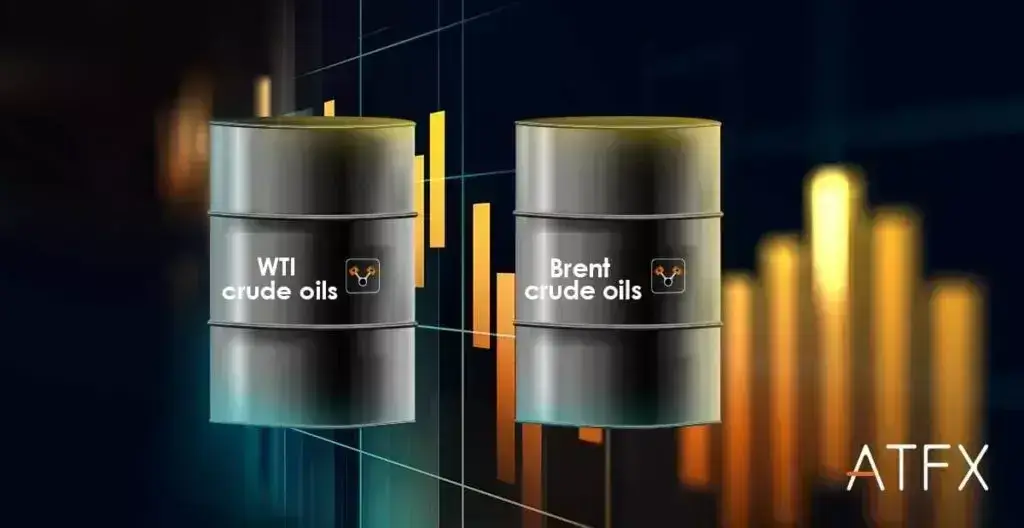Crude oil trading provides excellent opportunities for profit in most markets due to its importance and unique position in the global economy and political systems. Additionally, the energy sector has witnessed sharp fluctuations in the past, ensuring solid trends that can generate stable returns for short-term swing traders and long-term investors alike.
However, traders who do not know all the distinct characteristics of the oil/energy markets cannot make the most of the fluctuations in crude oil prices. Moreover, many traders are not familiar with the hidden traps that characterize these markets, which can consume their profits.
What, then, is the best way to invest in and profit from oil price fluctuations?

Oil trading requires significant consideration and study compared to other assets since there are multiple products to choose from and use to trade the oil markets. Some of these instruments include trading oil derivatives, futures and shares of the oil and natural gas companies.
Each of these options has several advantages and disadvantages.
Trading oil CFDs is one of the options chosen by many people interested in trading the oil sector because of the ease of trading and the low requirements to getting started. “Contracts for Difference” (CFDs) are contracts between a trader and a broker to exchange the difference in value between when a deal is opened, and the time it is closed.
Most CFD brokers offer the possibility of speculating on the price of oil futures contracts. Still, the value of the contracts is usually less than the standard values of the actual futures contracts. For example, the oil contracts for differences (CFDs) could be worth 25 barrels (depending on the broker’s conditions), compared to a thousand barrels of oil for the standard futures contracts.
CFD trades are usually commission-free (the broker earns from the spread). In addition, since this type of trading does not involve physical ownership of the assets, traders do not incur any storage or borrowing costs.
The most important feature of the oil market is that it is a global market that is open 24 hours, five days a week. As a result, the market witnesses considerable fluctuations in prices, making it an ideal environment in which day traders can profit from frequent price movements. The crude oil market also enjoys high liquidity, allowing traders easy entry and exit from trades of any size.

Why Do We Recommend Trading Crude Oil CFDs?
CFD trading has become increasingly popular in recent years due to the numerous advantages associated with the sector. Some of these advantages include:
Access multiple markets via one platform
- Investors can speculate in several large markets, such as the currency markets and commodities markets.
Diverse trading options
- Trading CFDs on many different instruments is a great way to ensure flexible trading opportunities and diversified investment history.
Greater Financial Efficiency
- Reserve margin requirements are usually lower for CFDs compared to other tradable instruments.
Less Complicated
- Some financial markets require a significant amount of capital for day trading, but this does not apply to CFD trading, making it an attractive option for day traders. Also, trading CFDs with a well-known and legitimate broker allows day traders to make trades easily and conveniently trade different commodities.
Liquidity
- CFDs are usually traded directly via a broker, who is also the market maker, which creates a greater degree of liquidity than other alternatives such as futures contracts.
Flexibility
- CFDs are not bound by fixed expiry dates like futures contracts. Hence, a CFD trade can be extended indefinitely as long as it is backed by sufficient capital and is not opposed by either the seller or the buyer.
Competitive Trading Costs
- Oil CFDs are designed to give investors the benefits of trading commodities on an exchange without the high associated costs.
CFDs are one of the best and easiest ways to speculate on oil prices. This is because oil, like gold, is a popular asset traded by most people, which means that a trader can enter and exit trades at any time, regardless of the size.
Oil prices are determined by several external factors and are more sensitive to political and economic factors than other commodities. These factors include wars in oil-producing countries, the change of government policies regarding pipelines, a surge in oil production, and the rising demand in developing markets, which usually trigger changes in supply and demand rates.

Investing in oil prices by combining awareness of current affairs and analyzing crude oil charts is the most effective method of trading crude oil. Given that oil prices can move in either direction based on numerous factors, a trader must have a comprehensive vision of the entire market to trade it effectively. The oil markets are unique from other commodities because a deep knowledge of the market will give you a significant advantage as a trader.
Successful Oil CFD traders usually have strict stop-out strategies built into their positions to avoid massive losses from sudden price changes that are pretty common. Therefore, we recommend always using a stop-loss order when trading oil CFDs to make the most of your trading, in addition to limiting your potential losses in case the markets go against you, given the highly volatile nature of oil prices.
Set up a Metatrader 4 account or Demo Trading Account to kick start your trading journey now!